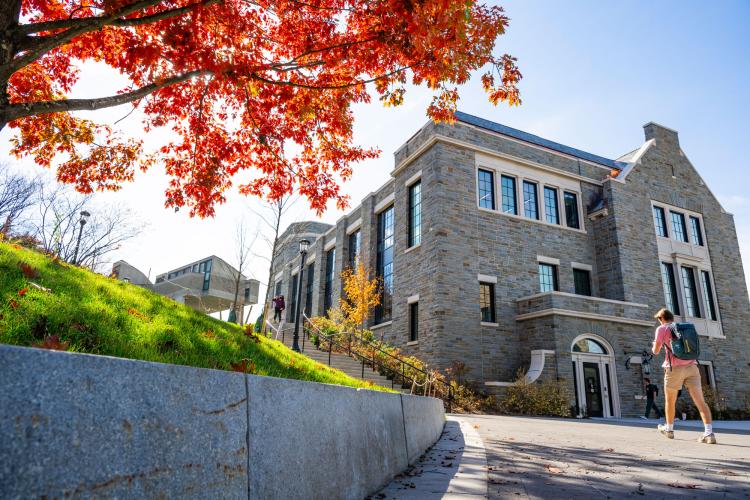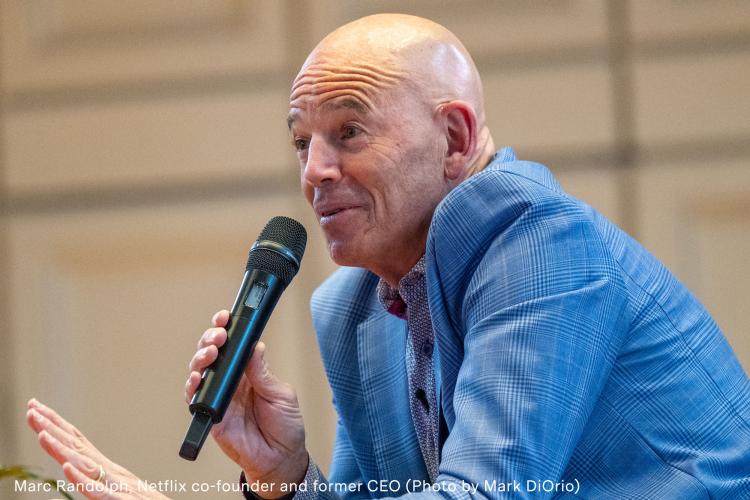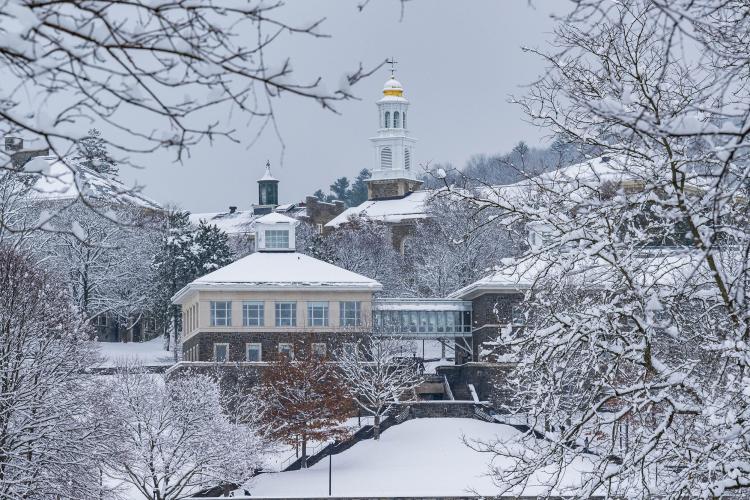Colgate University received more than $72.5 million in support from 14,793 alumni, students, family members, and friends during the 2021–2022 fiscal year, bringing the total amount raised for the Campaign for the Third Century to $423.8 million. These gifts — in a variety of sizes, to programs across the institution — will help the University attract outstanding students and faculty, enhance its academic enterprise, enrich the student experience, and preserve a campus known for its beauty.
“On behalf of the University community, I offer my deep gratitude to all those who made a gift to Colgate last year,” says President Brian W. Casey. “These contributions are particularly meaningful as we begin Colgate’s Campaign for the Third Century, the most ambitious campaign ever undertaken by an American liberal arts institution. Through this campaign, we will realize the most significant transformation in the history of the University.”
Contributions to the Colgate Fund totaled $9.2 million. These unrestricted funds are available for immediate use to meet new needs and drive innovation. Gifts to the Colgate Fund have helped the University accelerate its promise to improve access and affordability through the Colgate Commitment. Launched in 2021, the Colgate Commitment removes federal loans from nearly all students, eliminates tuition to those with a family income less than $85,000, and caps tuition for families earning less than $150,000.
Last fall, 12 challengers stepped forward in an effort to encourage gifts that would permanently endow the Colgate Commitment. Thanks to their generosity, and the more than 700 alumni and friends who responded to their call, the University has raised $24.9 million of the $25 million goal set to fund the Colgate Commitment in perpetuity.
The University also received transformative gifts in support of various Third-Century initiatives. Highlights included a $25 million gift from Chase Carey ’76, his wife, Wendy, and their children Steve ’12 and Tara ’13, to assist with renovations to the Reid Athletic Center, support for Colgate’s rugby programs, and the Center for Freedom and Western Civilization; a $10 million gift from Robert Fox '59, GP’23,’25 to build the first residence hall of the University’s fifth Residential Commons; and a $5 million gift from Rob Kindler ’76, P’04,’08,’12 and his wife, Sydney P’17,’20 in support of the Middle Campus Plan for Arts, Creativity, and Innovation.
Inspired by the Women’s Leadership Council, 13 women graduates also stepped forward, each with $1 million gifts, to support financial aid and academic programs. Colgate also announced the addition of five new endowed chairs. The highest honor available to faculty and an important vehicle to attract and retain outstanding scholar-teachers, endowed chairs provide chairholders with dedicated funds to enhance their research and teaching efforts. An endowed chair ensures, in perpetuity, the faculty position in the academic field represented in the chair’s designation.
Meanwhile, Colgate’s Division I athletics programs received more than $2.7 million. Alumni and families broke giving records during the annual March Mania challenge, providing more than $1 million in resources for athletics during that competition alone. Colgate also made strides with the Plan for Diversity, Equity, and Inclusion, thanks to a generous $2.5 million gift from Giovanni ’94 and Maree Cutaia to permanently endow the First@Colgate directorship. Founded in 2020, the University’s First@Colgate program provides essential services to first-generation students and their families.
Revocable and irrevocable planned gifts totaled $43.2 million this year. More than 27 alumni became a part of the Willow Society, Colgate’s legacy giving society, by including the University in their estate plans. These gifts make a lasting impact on Colgate and its students.
“I am so proud of all that Colgate has accomplished and excited for what lies ahead,” says Karl W. Clauss ’90, vice president for advancement. “The support of our community makes it possible. Our students, faculty, staff — all those who will benefit directly from this generosity — are deeply grateful.”


